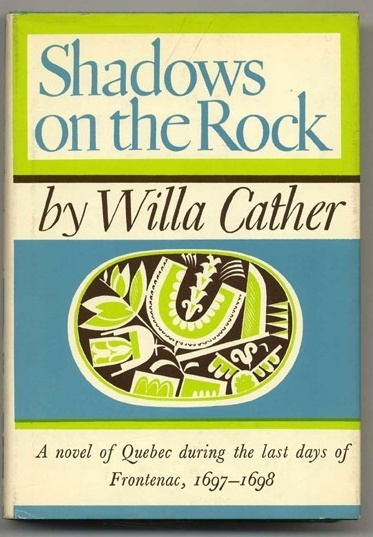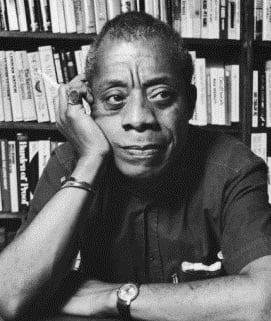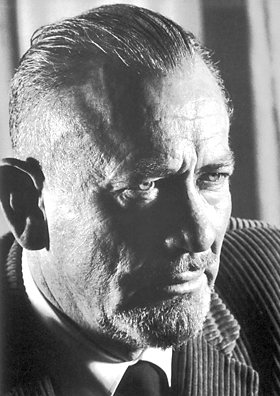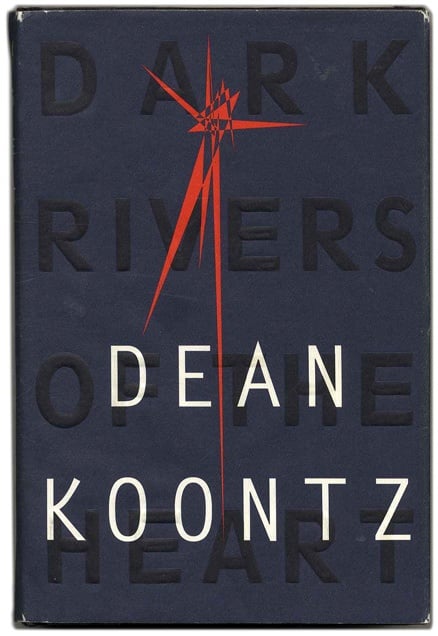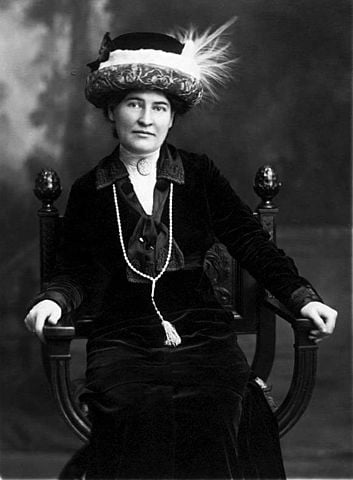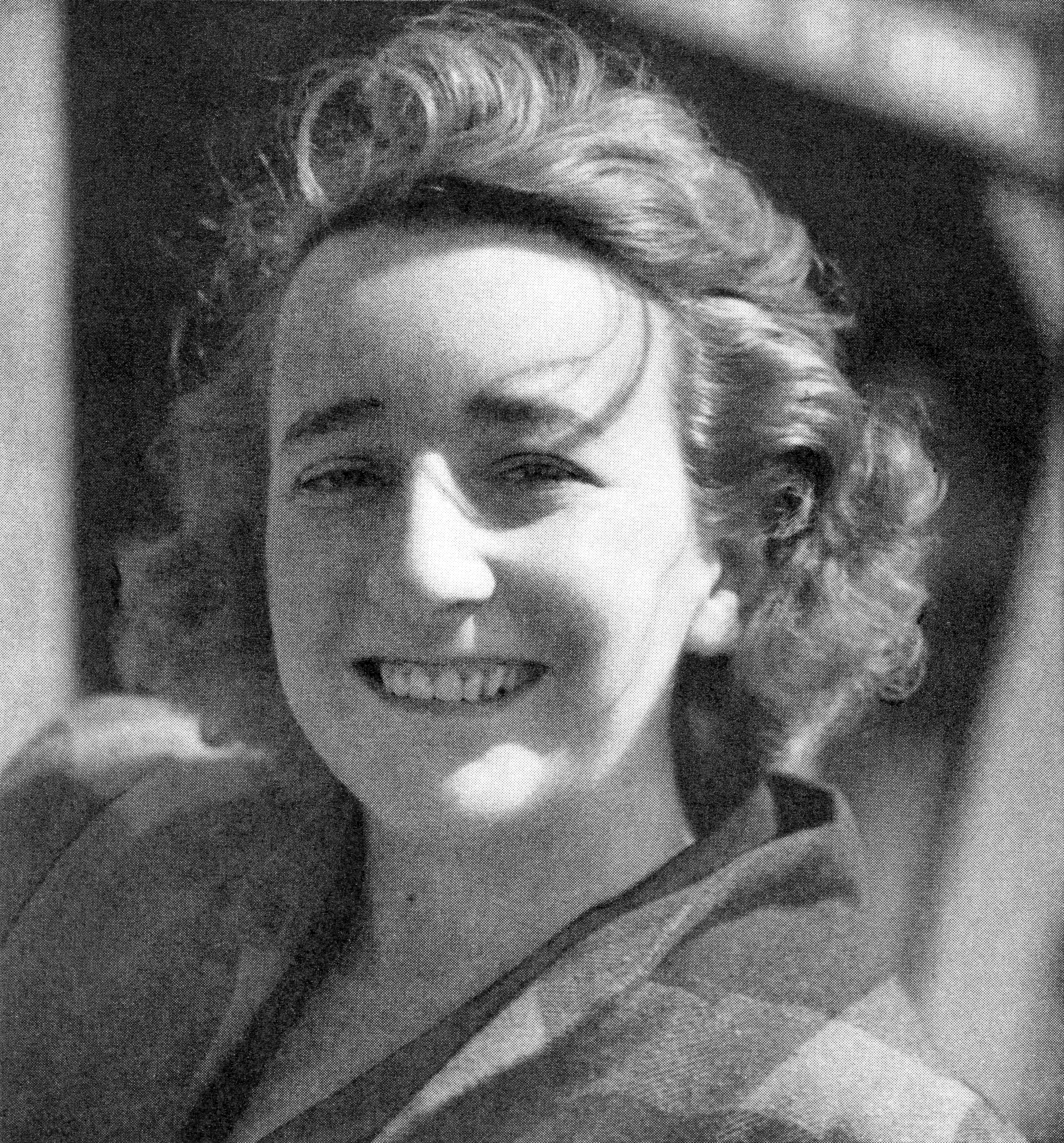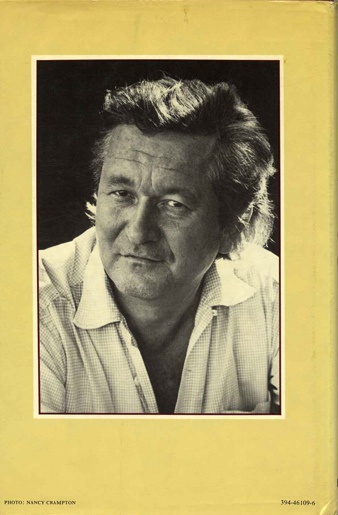As a hardened millennial, I am well-versed in the first-world problems of modern life. I've been reduced to drinking lattés made with soy milk when my preferred dairy-substitute of almond milk is unavailable. I have made the arduous journey into the gas station when the pay at the pump feature is out of order. I’ve accidentally put clothes that are labeled “lay flat to dry” in the dryer and been left with a pile of sweaters that look like they belong to a Chihuahua. Faced with such difficulties in 2016, I am hard pressed to imagine what daily life must have been like on the frontier for early Americans. Other than the narrative provided from my American Girl Doll, Kirsten, and the first-hand experience of dying from dysentery while playing the board game “Oregon Trail,” I do not have much information on the pioneer life―but I love to learn. If you’re like me, a dry history book probably isn’t your favorite genre to curl up with at the end of the day. Instead, consider reading one of these seven pioneer novels by Willa Cather to get a glimpse of life before Netflix.
us toll free: 1-800-948-5563 international: +1 (843) 849-0283 UK: +44 (0) 1334 260018




